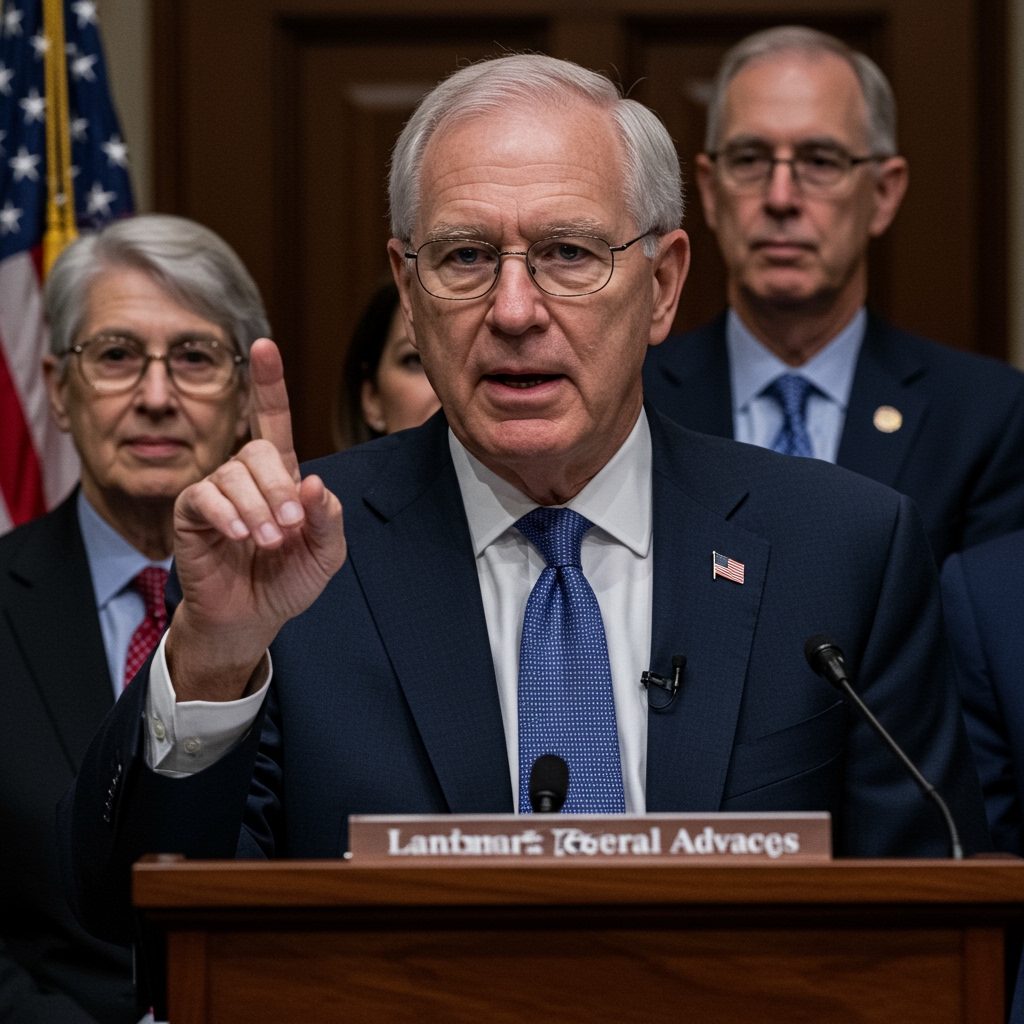Federal Data Privacy Legislation Takes Historic Step
In a significant development for digital privacy in the United States, a comprehensive federal data privacy bill, the “American Data Privacy and Protection Act of 2025” (ADPPA ’25), successfully navigated a critical hurdle in the House of Representatives on June 6th, 2025. The bipartisan measure, championed by Representatives Anya Sharma (D-CA) and Ben Carter (R-TX), cleared the influential House Energy and Commerce Committee with an overwhelming vote of 48-7. This strong committee passage marks a major step forward for federal privacy legislation, an area where previous efforts have stalled for years.
ADPPA ’25 proposes to establish a national standard for how companies collect, use, and share the personal data of American consumers. If enacted, it would represent a fundamental shift in the digital landscape, creating a unified set of rules that would override many existing state-level privacy laws. Proponents argue that a single federal standard is necessary to simplify compliance for businesses operating across state lines and provide consistent protections for individuals regardless of their location. Critics, however, raise concerns about preemption, suggesting it could weaken robust privacy protections already in place in states like California.
Key Provisions of ADPPA ’25 Detailed
The bill introduces several significant provisions aimed at enhancing consumer control over their personal information. A core element is the imposition of stricter limits on targeted advertising, the practice where companies display ads based on a user’s online activity and personal data. Under ADPPA ’25, consumers would have more control over whether their data can be used for such purposes, potentially requiring explicit opt-in consent for certain types of targeting.
Another crucial provision is the ban on collecting sensitive data without explicit consent. The bill defines sensitive data broadly, potentially including information related to health, finances, race, religion, sexual orientation, geolocation, and biometric identifiers. This restriction aims to prevent the surreptitious collection and use of highly personal information, giving individuals greater autonomy over their most private data points.
The ADPPA ’25 also addresses the enforcement mechanism for these new regulations. It proposes the establishment of a new bureau within the Federal Trade Commission (FTC) specifically dedicated to enforcing the provisions of the act. This dedicated bureau would be equipped with resources and expertise to investigate violations, issue penalties, and develop implementing rules, signaling a strong intent to ensure compliance across industries.
Bipartisan Support Signals Momentum
The 48-7 vote in the House Energy and Commerce Committee underscores the bipartisan support the ADPPA ’25 has garnered. This level of agreement is particularly noteworthy given the often-contentious nature of technology regulation and consumer privacy issues in Congress. The collaboration between Representative Sharma and Representative Carter on this legislation highlights a shared understanding across the aisle regarding the urgent need for federal action to protect consumer data in an increasingly digital world.
Supporters of the bill emphasize that passing it through a key committee with such a margin demonstrates real momentum after years of legislative inertia. Previous attempts to enact federal privacy law have faltered due to disagreements over issues like the scope of preemption, the definition of sensitive data, and whether individuals should have the right to sue companies directly (private right of action). While ADPPA ’25 includes some limited avenues for individual action, the primary enforcement power resides with the FTC and state attorneys general.
Looking Ahead: Full House Vote Anticipated
With the successful committee passage, the American Data Privacy and Protection Act of 2025 is now poised for consideration by the full House of Representatives. The bill is scheduled for a full House vote later this month, a critical next step that will determine its trajectory towards potentially becoming federal law. Should it pass the House, it would then move to the Senate, where it would face further review and potential amendments.
Analysts suggest that the strong bipartisan vote in committee improves the bill’s prospects on the House floor, but challenges remain. Industry groups continue to lobby on various provisions, particularly those related to targeted advertising and the scope of data collection restrictions. Consumer advocates, while largely supportive, may push for stronger enforcement mechanisms or a broader private right of action.
Nevertheless, the committee’s action on June 6th, 2025, represents the most significant legislative movement on federal data privacy in recent memory. The passage of ADPPA ’25 out of the House Energy and Commerce Committee signals a growing consensus in Congress that the time has come to establish clear, nationwide rules for the handling of personal data, aiming to build greater trust and transparency in the digital economy for American consumers.





